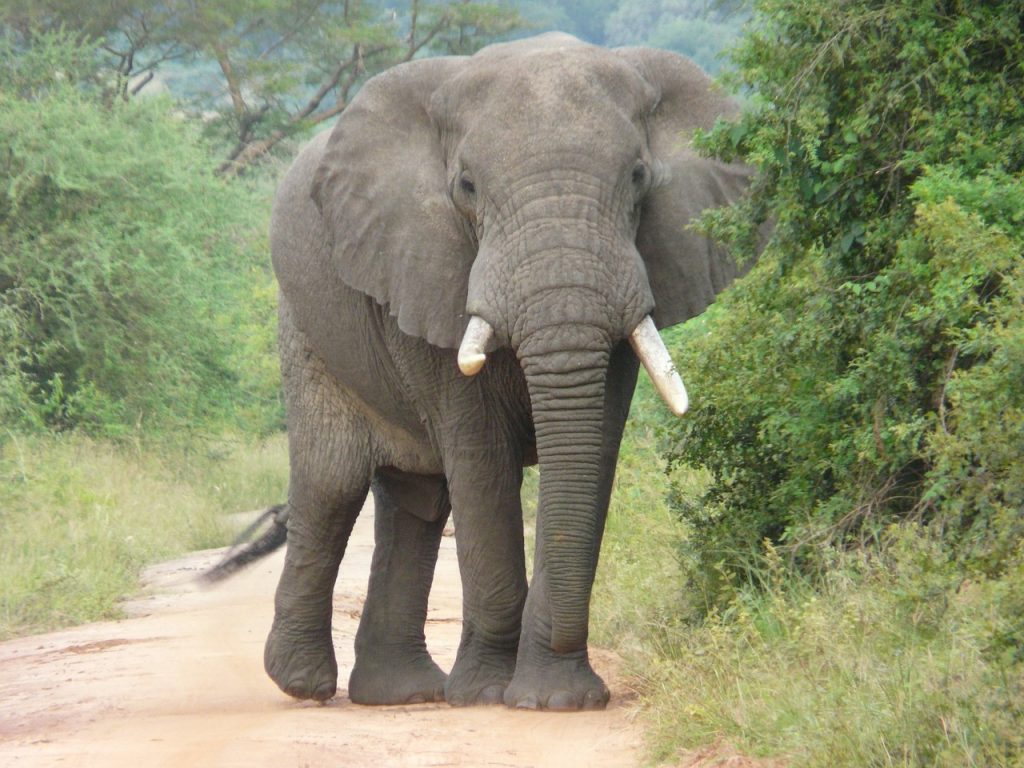
Why conservation of forest and wildlife is important
Forest conservation and wildlife conservation is important for many reasons. For one, forests are a major source of oxygen and play a significant role in the global water cycle. They are also home to many plant and animal species, some of which are endangered. By conserving forests and wildlife, we can help protect our environment and preserve our natural resources.
Conservation of forests:
Forests should be conserved as they provide us with oxygen.
Forests play a vital role in our ecosystem, providing us with clean air, fresh water, and a stable climate. In fact, they are so important that we can not survive without them. Forests help to purify the air by absorbing carbon dioxide and releasing oxygen. They also help to regulate the temperature of the Earth by evaporating water and providing shade.
They cause rainfall.
According to the United States Environmental Protection Agency, “Forests play a significant role in the global water cycle. They affect rainfall patterns and the quality and quantity of surface and groundwater resources.” In other words, healthy forests are essential for maintaining the Earth’s water supply. Trees help to trap water vapor in the atmosphere and release it back into the environment as precipitation. They also help to slow down the flow of rainwater, giving the ground a chance to absorb the water before it runs off.
They prevent soil erosion.
Forests play a vital role in stabilizing the soil. They act as a natural barrier against the forces of erosion by wind and water. Trees and other vegetation do this by creating a layer of organic matter that helps to hold the soil in place.
They have numerous medicinal herbs.

As the world becomes increasingly industrialized, the need for forests becomes more and more apparent. Not only do they provide us with the air we breathe, but they are also home to a wealth of plant and animal life. In recent years, there has been an increasing focus on the role of forests in the global ecosystem, and on the importance of conservation efforts. One reason for this is the many medicinal herbs that can be found in forests. For centuries, indigenous peoples have used these plants to treat a variety of ailments, and modern science is only just beginning to unlock their potential.
They are home to wild animals.
Forests play a vital role in the global ecosystem, providing homes for countless plant and animal species. When forests are destroyed, these species are often left without a natural habitat, leading to declining and, in some cases, extinction. The loss of forests also has a devastating impact on local communities that rely on the forests for their livelihoods.
Conservation of Wildlife:
Wildlife should be conserved because it maintains ecological balance.
According to the World Wildlife Fund, wildlife conservation is the practice of protecting wild plant and animal species and their habitats. The goal of wildlife conservation is to ensure that nature will be around for future generations to enjoy and to recognize the importance of wildlife and wild places in our lives. Wildlife plays a crucial role in maintaining the ecological balance of our planet. For example, wild animals help to disperse seeds and pollinate plants, which helps to ensure that forests will continue to grow. In addition, predators help to keep the population of their prey in check, which can prevent overgrazing and other problems. By conserving wildlife, we can help to ensure the health of our planet for generations to come.
Have equal rights to stay on this planet.
The planet earth is the only known place in the universe that can support human life. This is because it has the right combination of elements, including water, oxygen, and sunlight. However, the earth is not just home to humans; it is also home to an incredible diversity of wildlife. From bacteria to elephants, all creatures have a right to exist on this planet. Unfortunately, humans have often treated other species with disrespect, leading to habitat loss and extinction. The good news is that there is an increasing awareness of the need to protect wildlife. Conservation efforts are now being made to safeguard the future of many endangered species.
Association between wildlife and forests sustains an ecosystem.
Wildlife refers to undomesticated animal species that are often found in natural or semi-natural habitats. Forest ecosystems, on the other hand, are defined as areas where tree densities are high enough to create an environment that is structurally and functionally different from the surrounding land. The close association between wildlife and forests sustains an ecosystem in which both plants and animals can thrive. Forests provide ideal conditions for many species of wildlife, offering shelter from the elements and a wide variety of food sources. In turn, wildlife helps to maintain the forest ecosystem by dispersing seeds, controlling herbivore populations, and recycling nutrients. The conservation of both wildlife and forests is essential for sustaining this delicate balance.
Conclusion
Though the forest and wildlife Department is taking efforts to conserve forests and animals, there is a need for more stringent measures. The community as a whole should be made aware of the importance of forests in our lives and their conservation. There should also be a check on the illegal trade of wild animals which has become quite common these days. If we all work together towards this cause, we can surely make this world a better place for us and future generations.
References:
16 Exceptional Reasons Why Wildlife Conservation is Important Today: www.conserve-energy-future.com
Wildlife Conservation: education.nationalgeographic.org